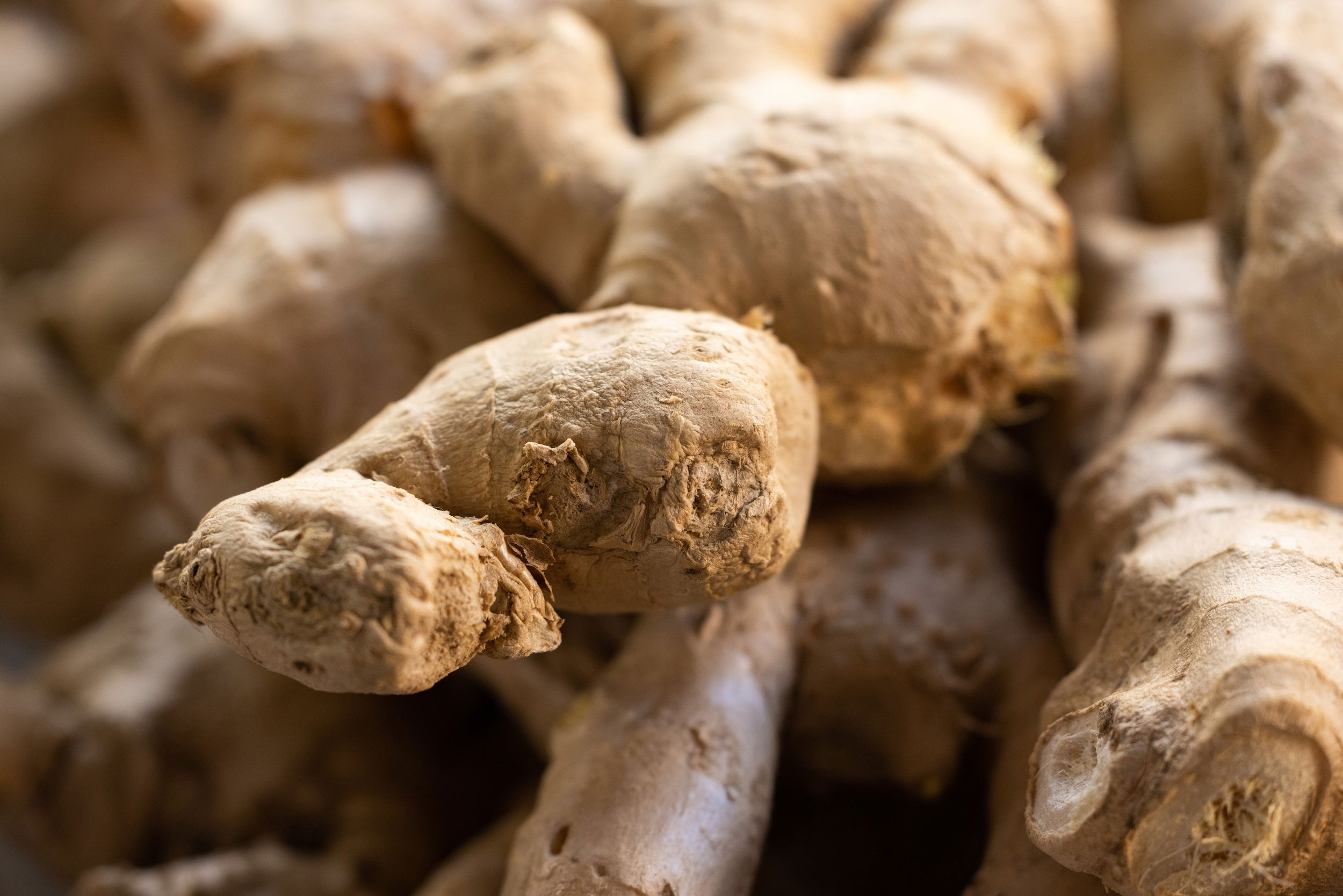Fresh ginger is an integral part of Pakistani cuisine
Fresh ginger is an integral part of Pakistani cuisine, finding its way into dishes ranging from curries to pickles. Although P domesticallakistan produces some amount of gingery, it imports a significant amount from countries like China, India and Thailand due to the high demand for the herb.
Ginger has always been valued for its medicinal properties by the people of Pakistan, owing to its anti-inflammatory and digestive qualities. It is also an important ingredient in traditional herbal remedies. The strong import of fresh ginger reflects Pakistan's gastronomic diversity and openness to culinary influences from around the world. The use of fresh ginger also aligns with a growing trend towards healthy eating and natural remedies worldwide.

Ginger has been used for centuries in traditional medicine to treat a variety of ailments, including nausea, inflammation, and respiratory issues. Recent studies have also shown that ginger may have the potential in reducing muscle pain and soreness, as well as improve brain function and reduce the risk of heart disease. Its anti-inflammatory properties have also been linked to reducing the risk of certain types of cancer.

With its long history of medicinal use and promising research, ginger is a powerful ingredient that not only adds flavor to dishes but also provides numerous health benefits.
Moreover, the versatility of fresh ginger makes it a popular ingredient not only in Pakistani cuisine but also in many other cuisines worldwide. It can be used in sweet and savory dishes, as well as in beverages like tea and smoothies.

Ginger's unique flavor profile adds depth and complexity to any dish, making it a favorite among chefs and home cooks alike. Additionally, the increasing popularity of natural remedies and alternative medicine has led to a surge in demand for ginger supplements and extracts. With its numerous health benefits and culinary uses, fresh ginger is sure to remain a staple in kitchens and medicine cabinets around the world.